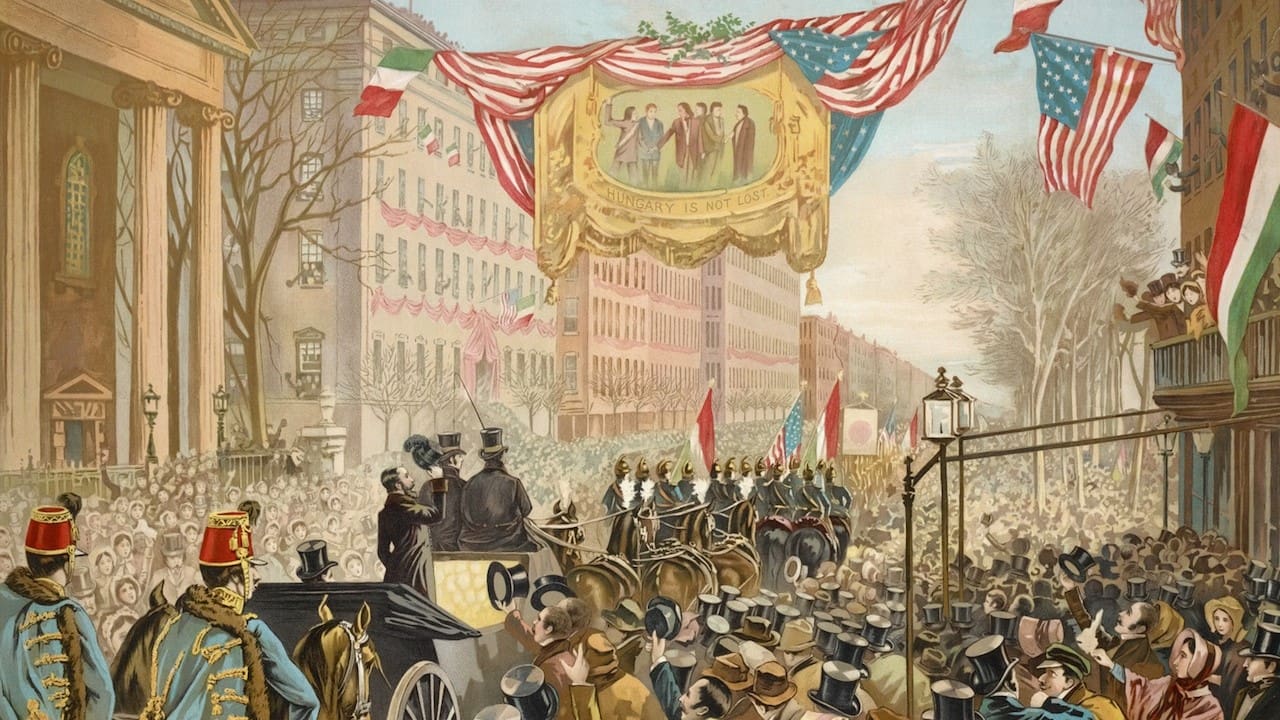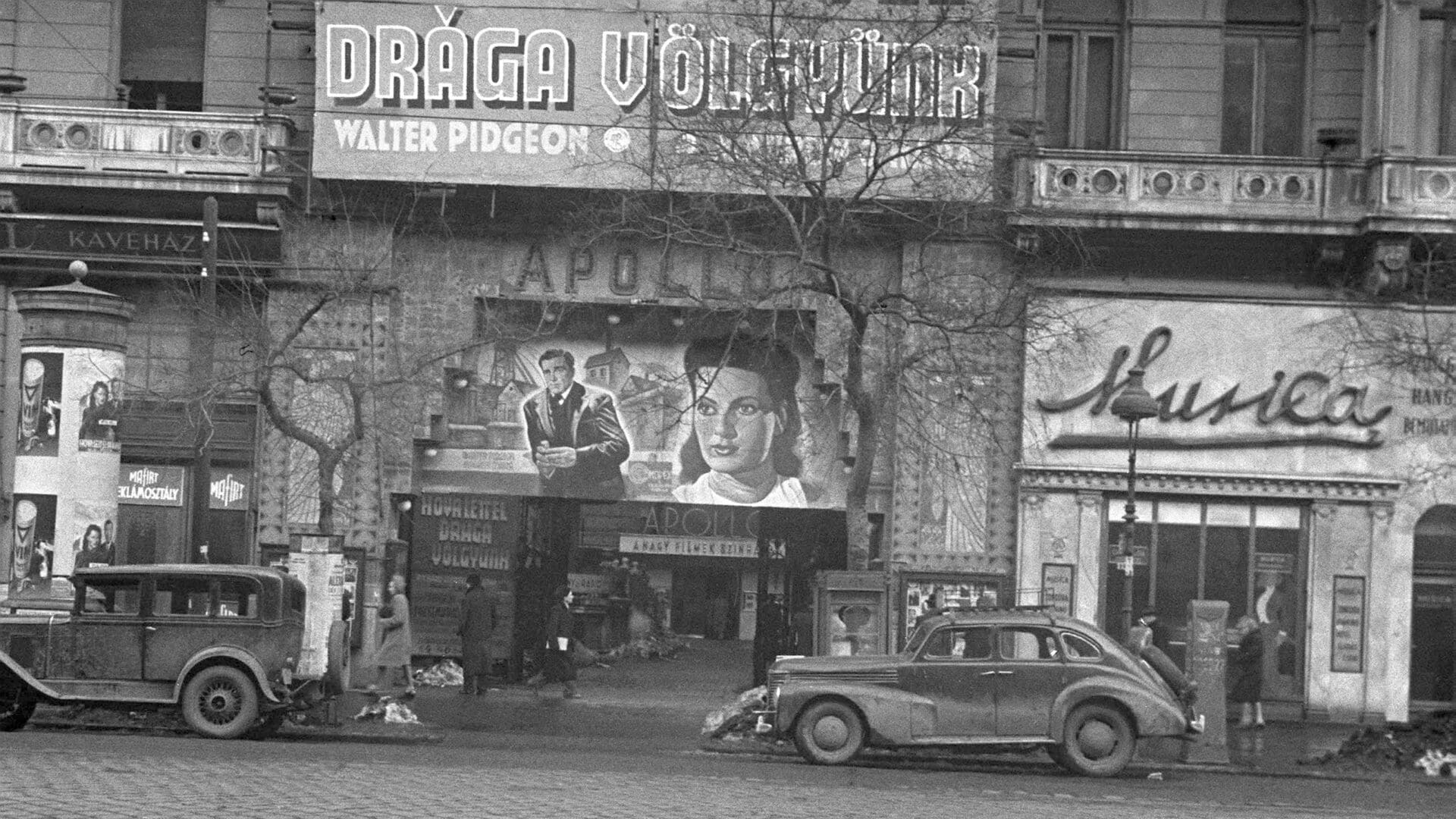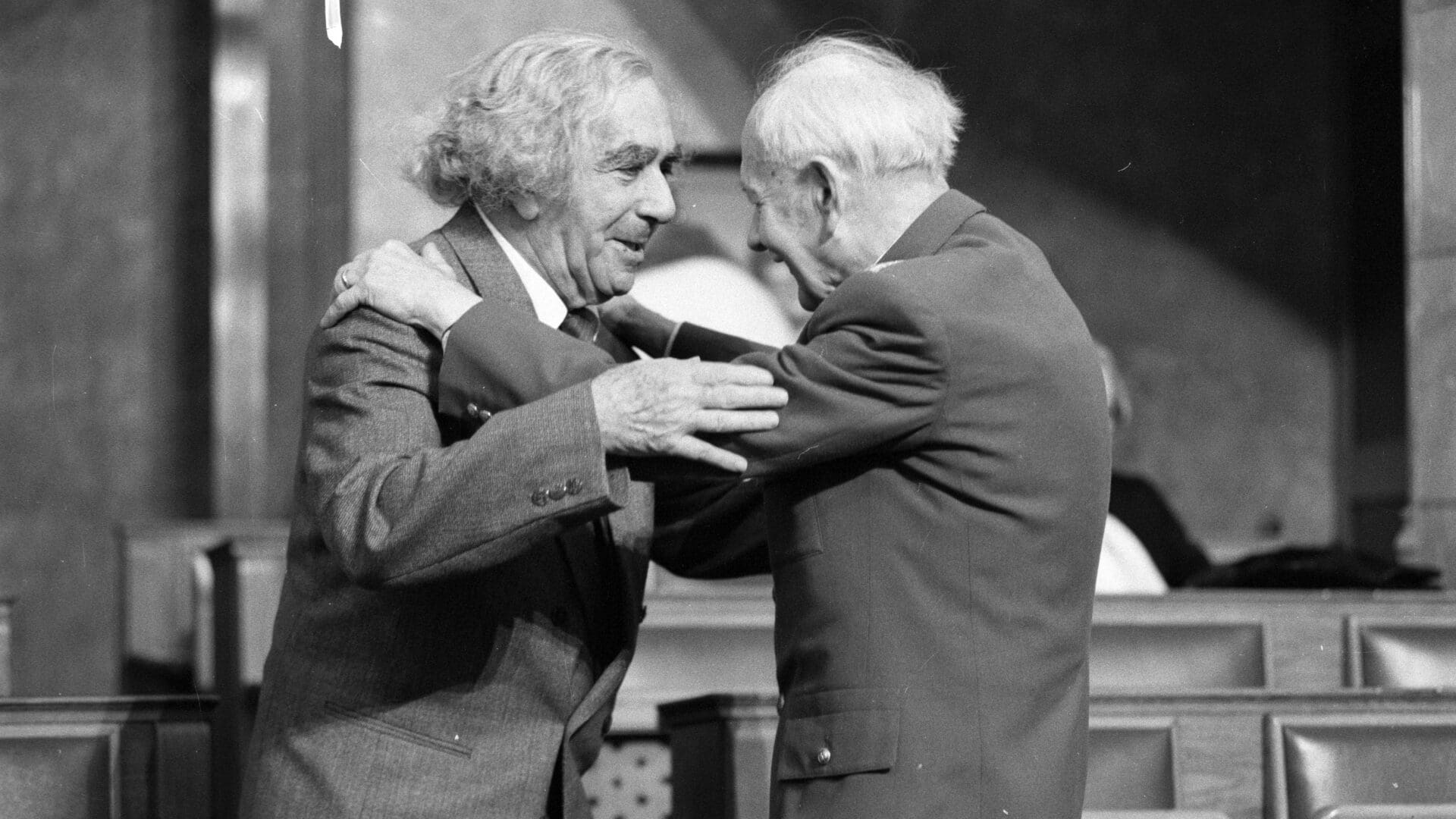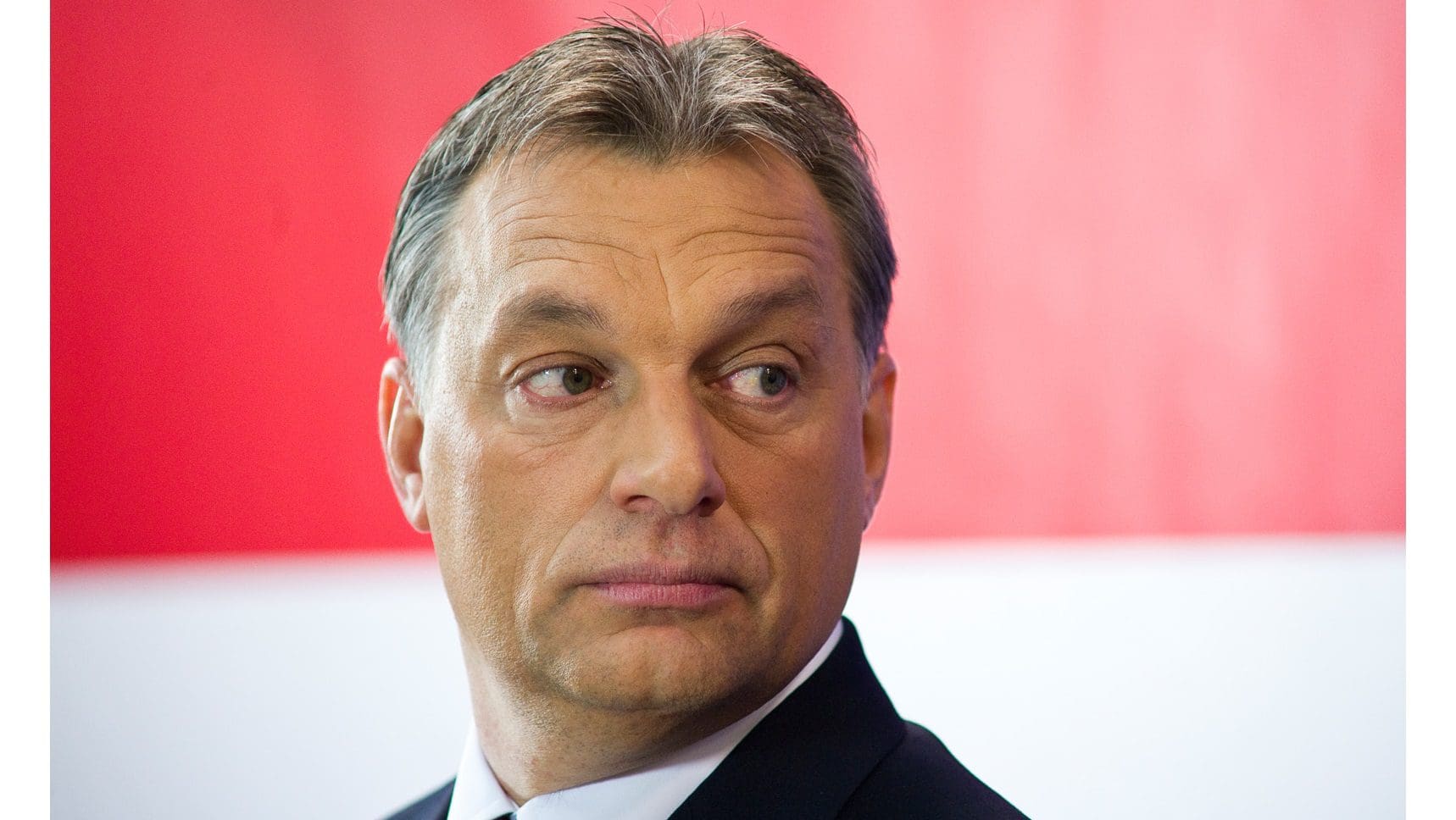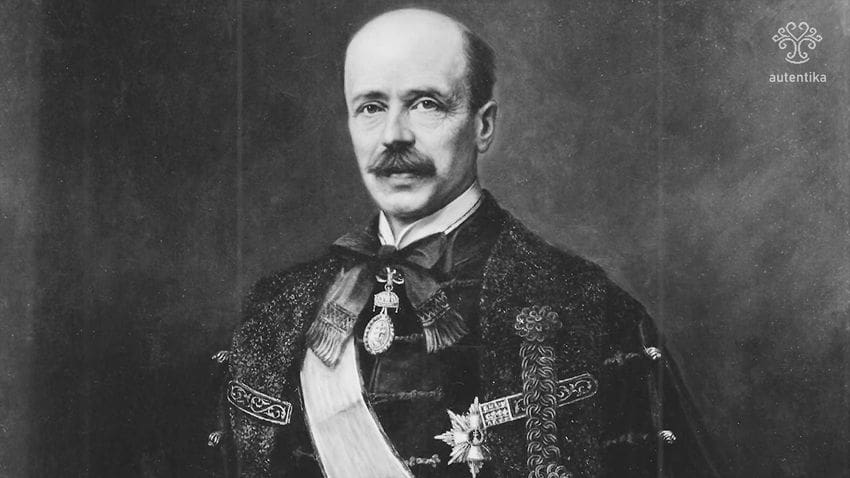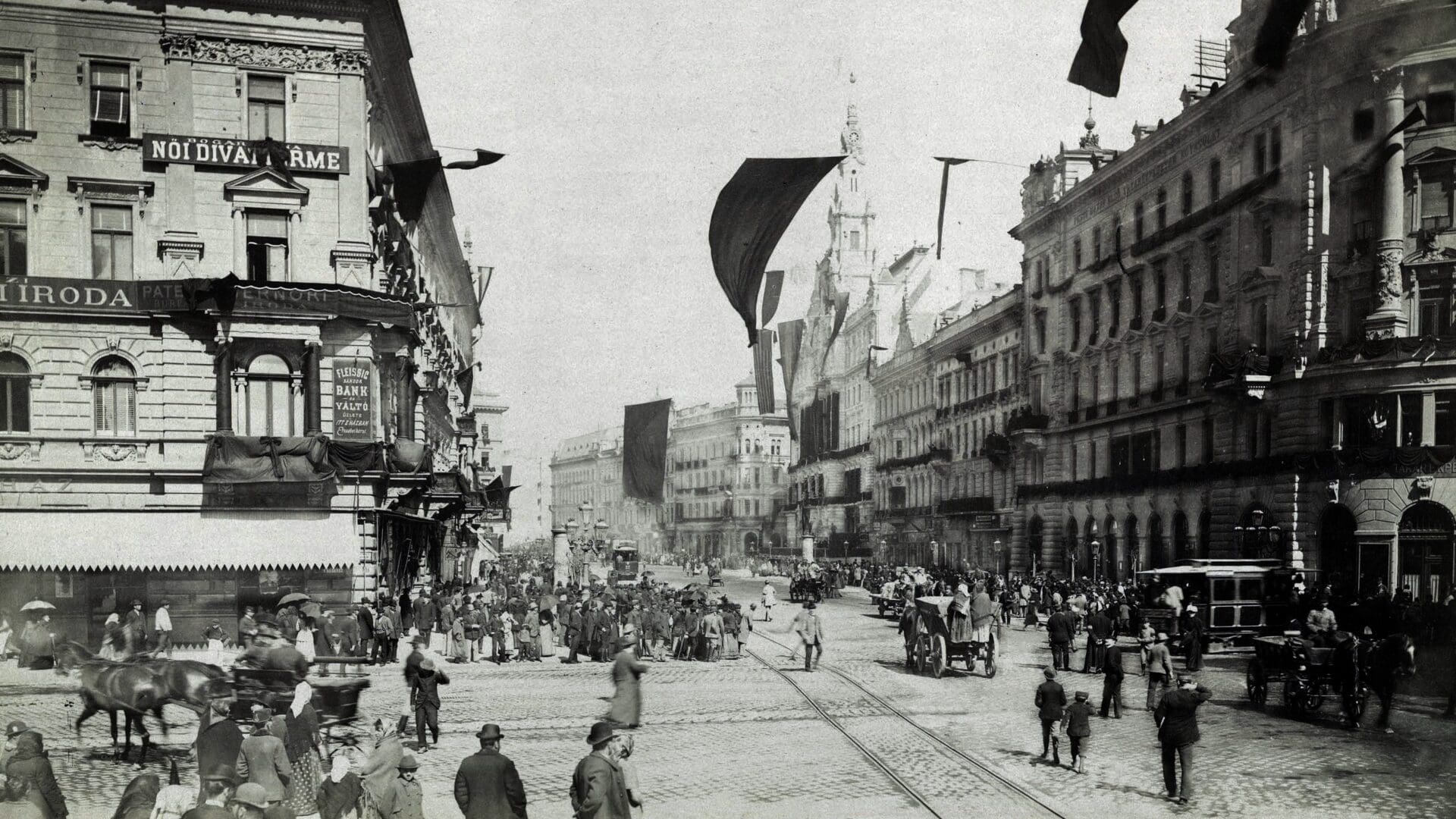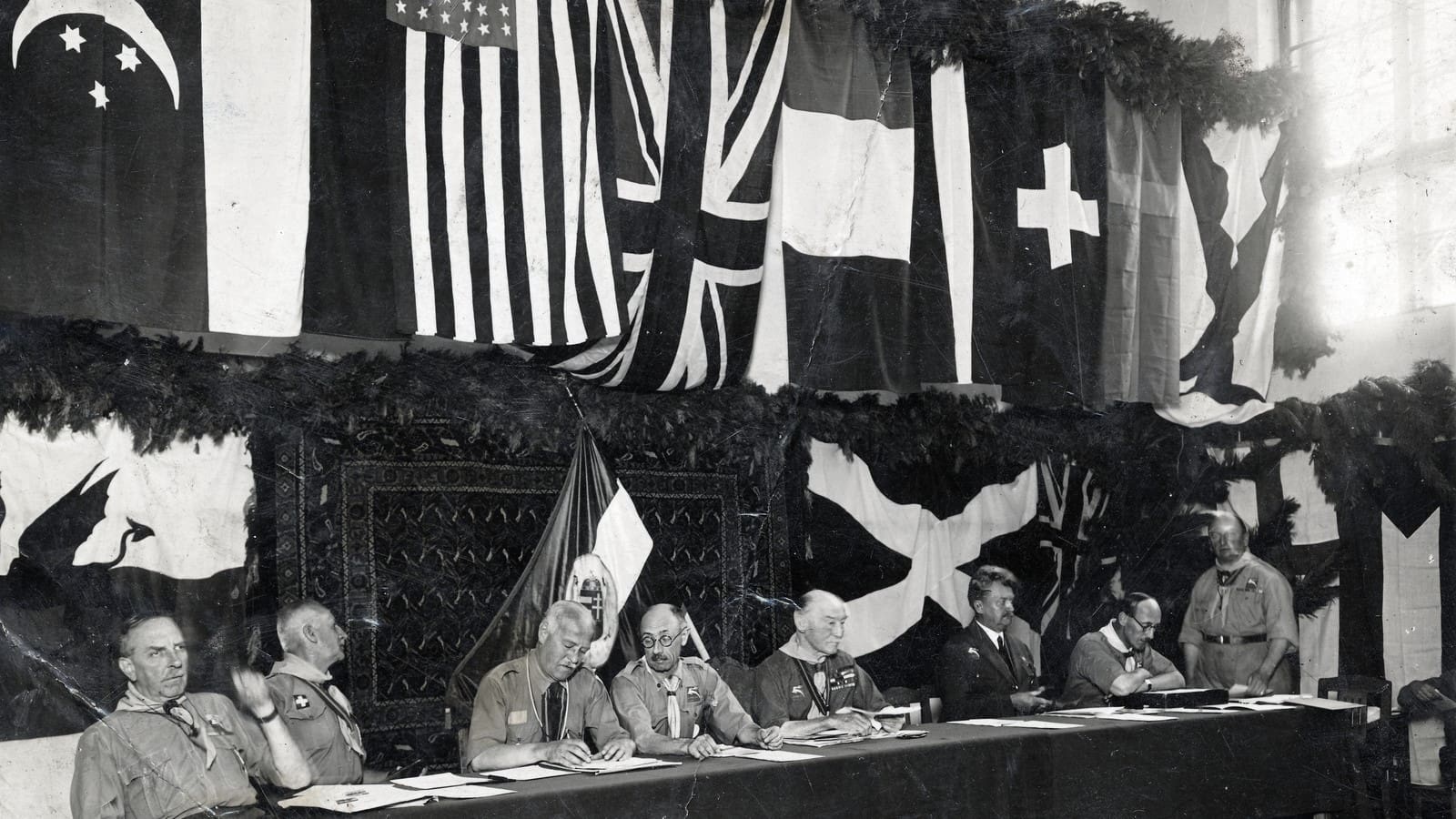
‘I did not hold you back. I am guilty’: The Life and Tragedy of Pál Teleki
Pál Teleki, prime minister of Hungary in the interwar era, was probably one of the most tragic figures of twentieth century Hungarian history. He was torn between his conscience and geopolitical reality, a tension he could only resolve by ending his own life as a shocking act of protest.

